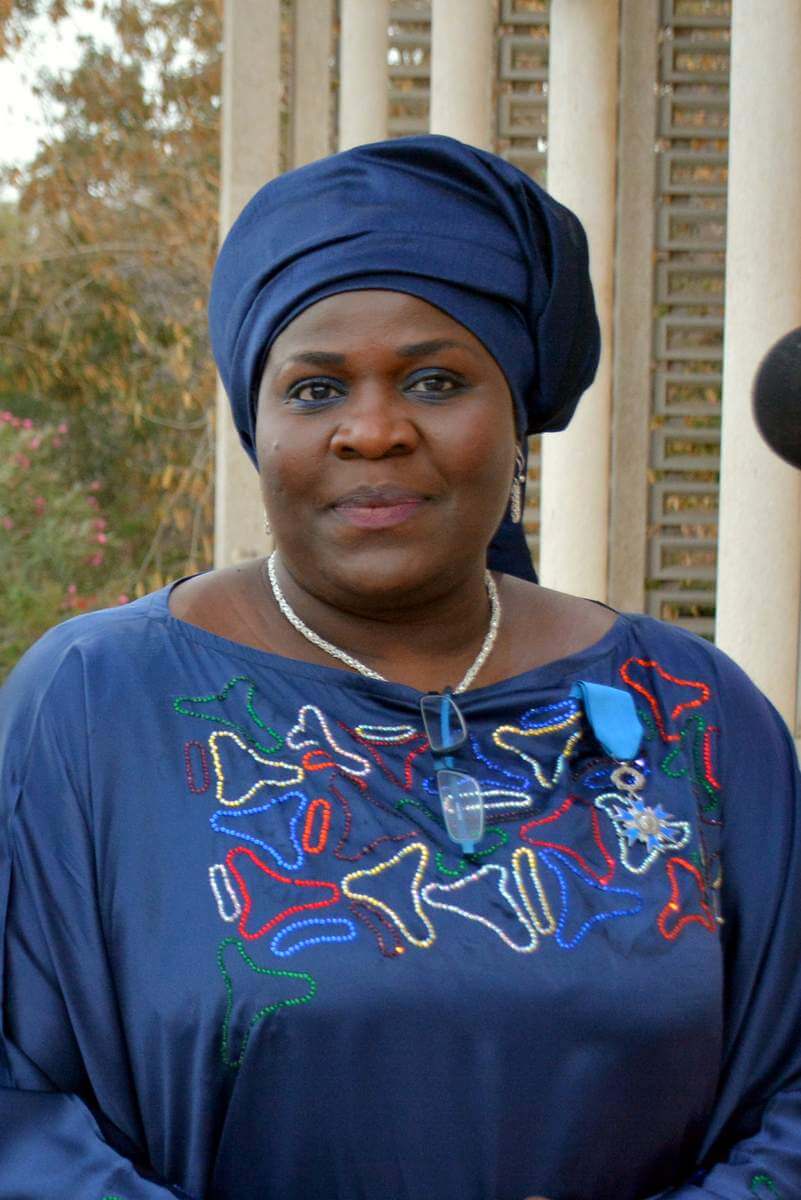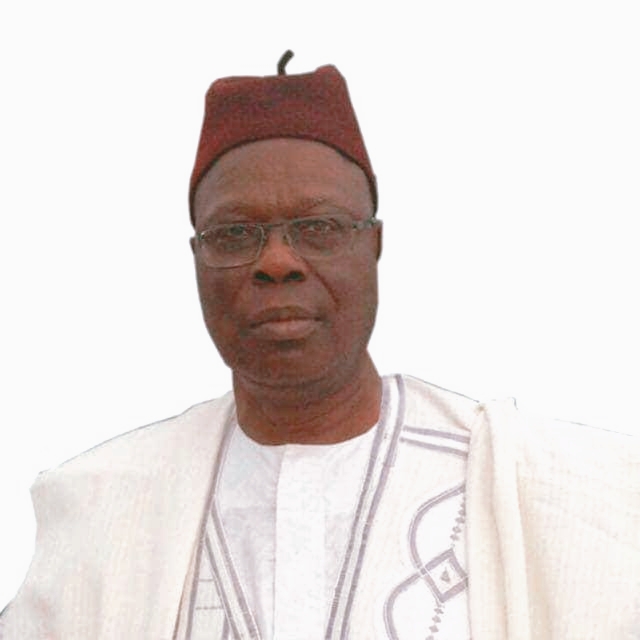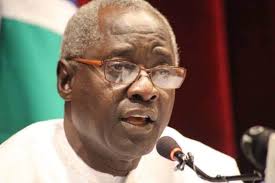ARTICLE 19 of West Africa has urged the government of President Adama Barrow to drop the charges of false information and broadcasting against human rights activist Madi Jobarteh.
ARTICLE 19 on Thursday urged The Gambia to immediately drop the charges of false information and broadcasting against human rights activist Madi Jobarteh and commit to repeal all laws that restrict the rights to freedom of expression, Fatou Jagne Senghore, Regional Director of ARTICLE 19 West Africa said in a statement received.
“These controversial legal provisions were used by the old regime to silence opposition and crackdown on dissident voices.”
“In the new Gambia, human rights defenders and journalists should no longer be arrested for exercising their right to freedom of expression and sharing publicly their opinions on a matter of public interest,” the statement said.
Madi Jobarteh, the country representative of the Westminster Foundation, was charged on Tuesday 30 June 2020 of false information and broadcasting under Section 181A (1) of the criminal code, following an interview he gave to local media during the “Black lives Matter” demonstration in Banjul in front of USA embassy on 27th June 2020. In this interview, he denounced the lack of effective investigation by the Government of the Gambia into the deaths of Haruna Jatta, Ousman Darboe and Kebba Secka, three citizens who were allegedly killed by security officials between June 2017 and July 2019.
Need to amend restricting legislation
The statement said, The Gambia has frequently promised to repeal provisions in its legislation that restrict freedom of expression, most recently during the 2019 Universal Periodic Review and the review of the Gambia State Report before the African Commission on Human and Peoples Rights.
“In 2017, the government began the reform of media and freedom of expression related laws. A stakeholders committee led by the Ministry of Information produced a report detailing all the laws that needed repeal and the new laws that were necessary to ensure full protection of freedom of expression. But more than two years later, the promise to repeal the laws that stifle freedom of expression has not materialised.
This restricting legislation has also been criticised by courts. In February 2018, the Community Court of Justice of the Economic Community of West African States (ECOWAS Court) directed the Gambia to “immediately repeal or amend” criminal laws on libel, sedition and false news. The ECOWAS Court reasoned that the definitions of these offences were “so broad as to be capable of diverse subjective interpretations” and that this “indeed amounts to censorship on publication”, the statement said.
According to the statement in May 2018, the Gambian Supreme Court declared the laws on criminal defamation and on false news on the internet unconstitutional. But the Supreme Court did not declare the law on sedition in relation to the president unconstitutional.
The statement pointed that section 181A of the Criminal Code provides for the offence of publication and broadcasting of false information or news.
The statement added that lack of knowledge that the information was false is not a defence, unless it is proven that adequate measures were taken to verify the accuracy of the information. It is not clear how is determined whether information is “false”.
National and international human rights obligations
“The Constitution of the Republic of The Gambia of 1997 guarantees the rights to freedom of expression, assembly and association.
The Gambia has also ratified the African Charter on Human and Peoples’ Rights and the International Covenant on Civil and Political Rights (ICCPR), which both guarantee the freedom of expression and right to information. The Declaration of Principles on Freedom of Expression and access to information in Africa requires that states repeal laws that criminalise among others false news. It further states that “public figures shall be required to tolerate a greater degree of criticism”, the statement said.
The statement stressed that The Gambia, as the host of the African Commission on Human and Peoples’ Rights, should lead by example and comply with its human rights obligations.




